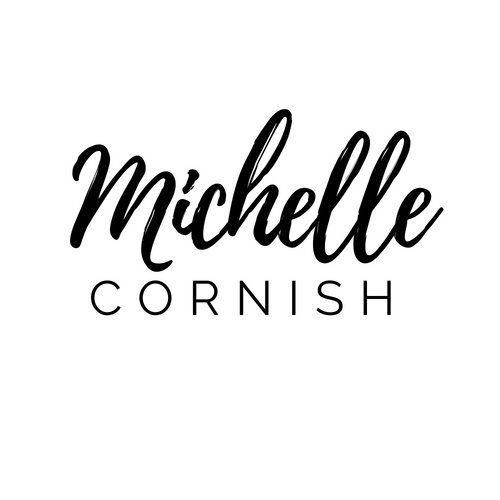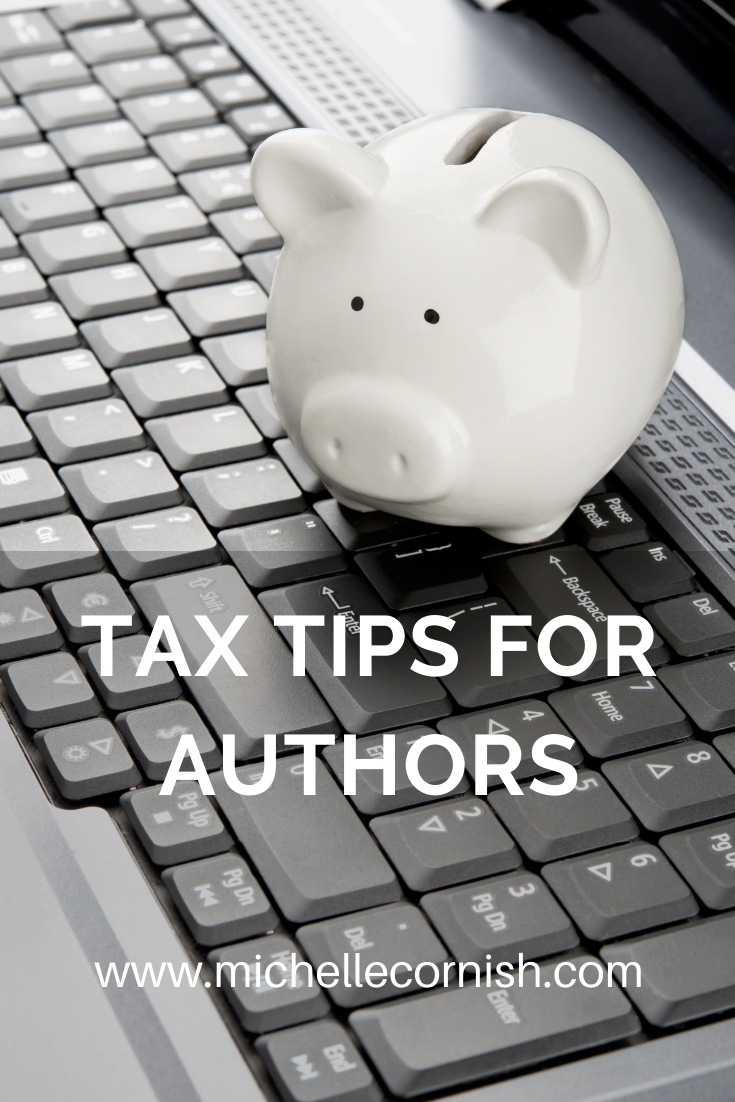Tax Tips for Authors
/Regardless of what type of author you are—full-time, part-time, self-published, traditionally published—whether you realize it or not, you’re a business owner. As a business owner, it’s important you know what tax deductions and credits are available to you. These tax tips for authors are intended to help you understand business expenses and the most common deductions available to you.
While the following information is based on Canadian tax law, the tax laws in your country may be similar, and the information herein will make you more aware of what to look for or questions to ask when talking to your accountant.
Eligible Business Expenses
Before you can determine your eligible business expenses, you need to make sure what you’re doing qualifies as conducting business based on tax law. The short answer to this is that if you are writing books with the aim to earn a profit (not as a hobby), then you are running a business. In Canada, the Canada Revenue Agency looks at the intent of what you’re doing to determine if you are operating a business. This is similar in many other countries.
The best way of thinking about whether something is a business expense is if you didn't have your author business, would you still have the expense? If you answer yes, then it's not generally a business expense. However, if you wouldn't have the expense if it wasn't for your author business, then it's a business expense. A business expense is anything you spend to earn money, whether or not your business is successful.
Some common examples of business expenses you might have in your author business are: advertising, promotion, fees for software, fees for apps, interest and bank charges on your business account, office expenses (for things like paper, pens, printer ink, paper clips, etc.), subcontract fees, cover design, editing, professional development (such as books and courses), and travel. This is NOT an exhaustive list, but rather some common examples.
These expenses may differ depending on whether you are traditionally or self-published. Authors who are traditionally published won’t likely have to pay for cover design, but they may still have editing costs if they are paying someone to look at their work before submitting to an agent or publisher. Subcontract fees listed above could include cover design, editing, and virtual assistants.
I like to keep cover design and editing separate so I can see how much I spend in each category during the year. You can even keep costs for each book separate if you want to track profitability by book. You’ll also have recurring fees to various subscription services for things like running your website, making backups, formatting your books, email management, and graphic design. It’s up to you (and your accountant) how detailed you get when breaking down your expense categories.
Remember, if you’re spending money on something you are using in your business or something you’re doing to promote yourself, that is a business expense. Even some vehicle expenses can be deducted in your business if you’re using the vehicle for business purposes, like travelling to a writing conference or delivering your books to bookstores.
Home Office Expenses
As an authorpreneur, you likely work from home, so you’re going to have costs associated with having an office in your home. In this case, you’ll be able to deduct a portion of your home expenses as eligible business expenses too.
The business use of home calculation is based on the square footage of your office space divided by the total square footage of your home. The resulting percentage will tell you how much of your utilities, property taxes, repairs and maintenance, house insurance, and mortgage interest (or rent) you can deduct when calculating your taxes. This can vary depending on where you’re located and the tax laws that apply to you, so make sure you check with a tax accountant.
Incremental Expenses
Eligible business expenses are usually incurred one hundred percent to earn (or attempt to earn) revenue, but you may also have incremental expenses. Incremental expenses are those expenses you would have even if you didn't have a business, but they are higher because you have a business. A common example of this is a cell phone that is used personally and for your author business.
For example, if you don't have a long-distance plan where you are paying a flat rate for all your long-distance charges and you make long-distance calls for your business, your cell phone bills are going to increase. You can use the portion of the bill related to your author business as an eligible business expense.
If you have a data package, you might use more data because of your business, so a portion of that cost can also be deducted in your business. The amount you can deduct for business is just the extra costs (the incremental amount), not the entire cell phone bill, because that would include the personal portion.
Capital Expenses
Another type of expense is a capital expense. A capital expense is the money you pay for a physical asset that is going to last longer than a year. The most common capital expense in an author business is a computer. Generally, any computer that costs over $500 is a capital expense rather than a current expense. This includes laptops, tablets, and iPads.
The way capital expenses (also called capital or fixed assets) work is you can't deduct the full amount in the year you purchase it. It gets recorded as an asset and you get to deduct a portion of it over the useful life of the asset. This is called depreciation. Because computers can become outdated quickly, they are usually depreciated over two or three years, but check with a tax accountant in your area for the current depreciation rate.
Business Use of Vehicle
For business vehicle expenses like insurance, fuel, lease costs, and repairs and maintenance, there are two ways to calculate them. One option is to use a flat rate based on the number of kilometers or miles you use the vehicle for business in a year.
The other option is to keep all your receipts for vehicle-related expenses and use a percentage of those expenses, which is also based on the number of kilometers or miles you drive your vehicle for business in a year. It's important to keep a logbook and track all your trips, noting whether they are business or personal, the purpose, and the distance travelled, so you know what percentage you can use for business expenses at the end of the year.
There are restrictions as to when you can use the flat rate vehicle allowance. At the time of writing, in Canada, you can only use the flat rate if your author business is incorporated. In the United States, you have an option to use the flat per mile rate, or you can use the percentage of use method, but if you want to use the flat rate, you need to choose that in the first year you use the vehicle in your business. If you don’t, you lose the option to use the flat per mile rate going forward.
This is another great reason to find an accountant in your area to help you make the right decision.
Profits and Losses
When you start any business, it’s common to have losses for as many as the first three to five years of business. Having a loss means your expenses were more than your income. You can deduct business losses against certain other types of income on your tax return, like employment income.
If you have a day job as an employee while you’re getting your author business going, but you haven’t made a profit with your books yet, you can claim those business losses against your employment income. This will reduce the tax you owe at the end of the year. Be warned that if you claim losses over several years, the tax authorities may question the viability of your business.
I hope these tax tips for authors will help you in the coming months as you prepare your business information for your accountant. Please share any questions you have about this information in the comments below.
* This blog post was first published as part of my book, The Prosperous Authorpreneur.




